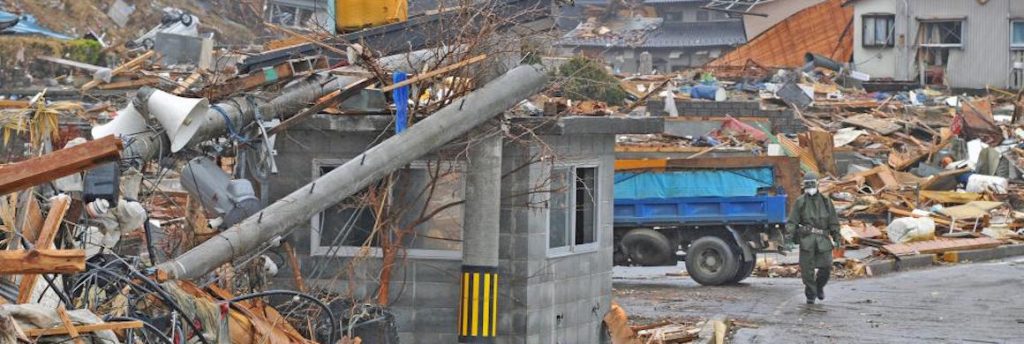Columbia Talks Natural Disasters To Supply Chain

Columbia Business School recently discussed what the far-reaching economic consequences of potential natural disasters can mean for supply chain economics.
A new paper co-authored by Associate Professor Alireza Tahbaz-Salehi and researchers from Cambridge, the Japanese Ministry of Finance, and the Research Institute of Economy, Trade, and Industry—a Japanese policy think tank—examined the aftermath of the 2011 Japanese earthquake, which was both “exogenous and highly localized, offering an advantageous opportunity to study how disasters like this spread through the economy.”
The researchers found “remarkably strong impacts that percolated through supply chains to sellers and customers alike, disrupting a wide range of industries.” The article points out that “supply chain disruptions caused by the quake may have knocked as much as 1.2 percentage points off Japan’s gross output in the following year, [amplifying] the economic damage of events like natural disasters by as much as a factor of five.”
Tahbaz-Salehi adds, “The presence of these effects is no longer just theoretical, but something we can actually measure.” The effects of shocks to a supply-chain can be extremely useful measurements for both the public and private sectors. For businesses, Tahbaz-Salehi points out that these measurements can remind them of the “magnitude of new risks to their business models and the importance of managing them.” Japanese car manufacturers have “introduced better crisis-response systems after the 2011 crisis,” for instance.
In terms of government, this study emphasizes the pressing need for more comprehensive disaster recovery plans.
“When it comes to government bailouts, it’s important to consider the damage to the entire industrial ecosystem. Severe disruptions may not remain confined to the firms directly impacted. They can also have large, and sometimes distant, indirect effects.”
